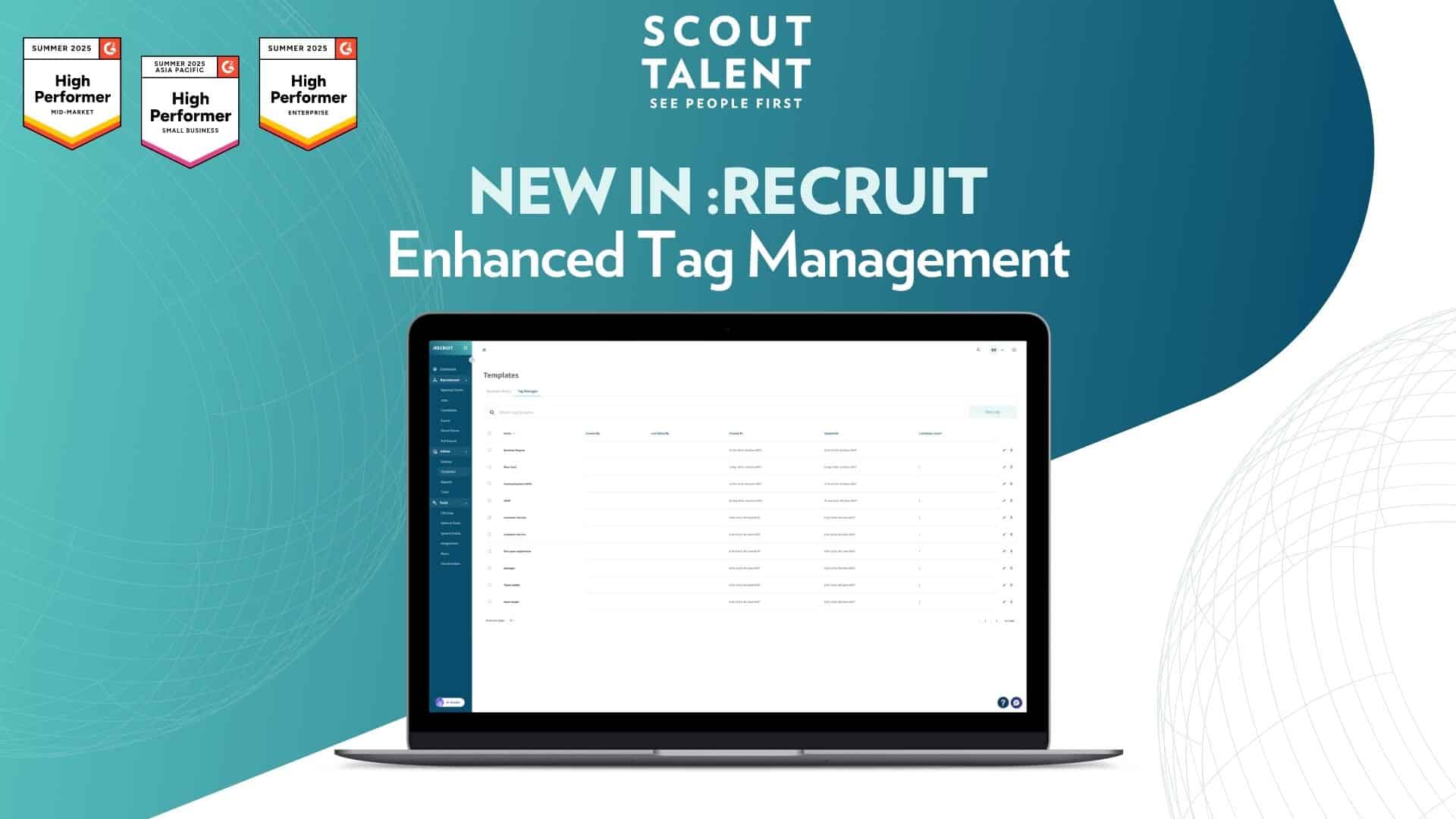This article was originally published by Forbes Human Resources Council and was republished here with permission.
In today’s dynamic business landscape, the transformative impact of AI technologies, such as large language models, is profound. And this paradigm shift is beginning to take root in the recruitment field. In 2023, the sector experienced a notable transition as initial challenges in filling roles were swiftly followed by an overwhelming influx of candidates in specific areas. This highlighted the necessity for adaptive, insightful technology as the readiness and ability to adapt, especially in niche sectors, will become increasingly important.
AI’s multifaceted recruitment role of managing volumes and imparting strategic insight into the recruitment process is a critical development. Its integration isn’t just a passing trend for recruitment efforts. It’s a fundamental evolution, paving the way for further exploration of current applications and other avenues of potential. Echoing this sentiment, Korn Ferry’s 2023 research found that 37% of CEOs believe the future hinges on a symbiotic relationship between humans and AI.
With AI’s capability to streamline operations while enriching human interactions in talent acquisition, HR leaders must have a more nuanced understanding of how they can use this technology as a vital collaborator.
The Current State Of AI In Recruitment Strategies
In the current recruitment landscape, AI’s role is multifaceted. It’s already a cornerstone in advanced recruitment software systems, helping to bolster efficiency and freeing up recruiters to focus on the more strategic and creative facets of their roles. But at the heart of AI synergy is the human element, taking charge of initiatives, orchestrating solutions and employing prompt engineering for impactful outcomes.
In recruitment, this translates to guiding AI to craft job descriptions that resonate with the company’s ethos and create job postings that are relevant, precise and appealing to potential candidates.
AI-enhanced applicant tracking system (ATS) solutions are beginning to revolutionise the initial stages of application prioritisation. However, the quintessential selecting, interviewing and ultimately choosing of the ideal candidate remain firmly within the realm of human recruiters. But the future of AI promises to extend its utility in these areas as well.
Already, some of today’s ATS solutions are enhanced by AI algorithms. They’re equipped with the ability to write first-draft job descriptions based on parameters the recruiter provides or even provide the full ad content. Then when candidates start applying, the systems can prioritise submissions before a human reviews them. But throughout this process, while AI can make things run faster, it’s the hiring professionals who take the initiative to orchestrate it, and they have the final say on which candidates proceed to the next stages.
In this AI-augmented recruitment framework, HR and other hiring professionals maintain their roles as decision-makers and strategists. They’re the orchestrators, leveraging AI to execute tasks so they can concentrate on creative solutioning and strategic planning. This mirrors the delegation dynamics in leadership, where effective leaders can leverage each team member’s strengths to expedite and enhance project outcomes. Similarly, HR leaders and recruiters must harness AI tools just as they would a new expert team member, propelling projects forward and achieving goals more efficiently.
Looking Toward AI’s Recruitment Potential
A recent AI Masterclass series I facilitated delved into intriguing future possibilities for the recruitment industry. For example, we discussed current efforts to train AIs to reduce human biases in hiring. Imagine a world in which it’ll be easier to promote a greater level and balance of diversity within recruitment.
Another topic was envisioning AI’s role in transforming career coaching. With this technology, coaching can be made accessible beyond the echelons of senior executives, thus providing invaluable guidance to newcomers. It would propel recruiting beyond mere selection to encompass personalised onboarding, to reduce early retention failures.
AI also has a lot of promise in the realm of video interviewing. Because AI-powered technology could analyse things like candidates’ nonverbal cues during the interview, it could enable real-time adjustments to help candidates showcase their true full potential. Imagine an AI indicator that prompts the interviewer to reassure a candidate who seems excessively nervous. Doing so might help the candidate relax into their ideal self, rather than being disqualified because their demeanour was briefly out of character.
Embracing AI In Recruitment
AI can be a formidable ally to HR and recruiting professionals, augmenting the process from sourcing to onboarding and enabling recruiters to focus on their core competencies. As we embrace this new era, recruitment can continue to evolve and find innovative solutions to longstanding challenges in talent acquisition.
The new generation of AI-enhanced tools, like ATS solutions, is shaping the future of recruitment. By leveraging these tools, we can create more efficient, equitable and insightful hiring processes, reduce mundane workloads and accelerate recruitment timelines. If your current systems haven’t yet harnessed the power of AI, now is the time to embrace this game changer.




